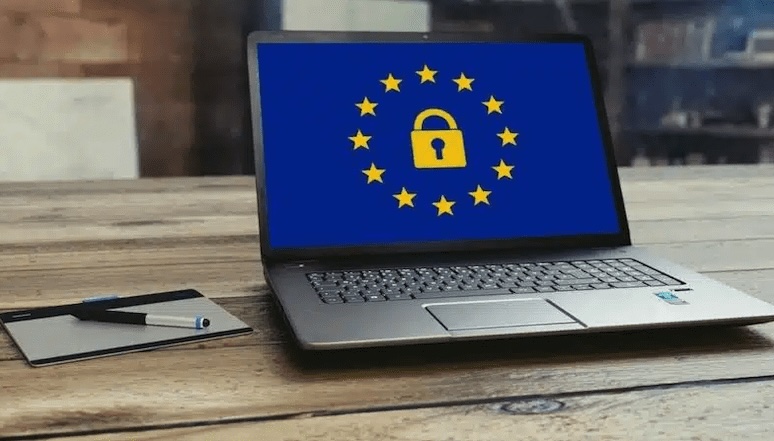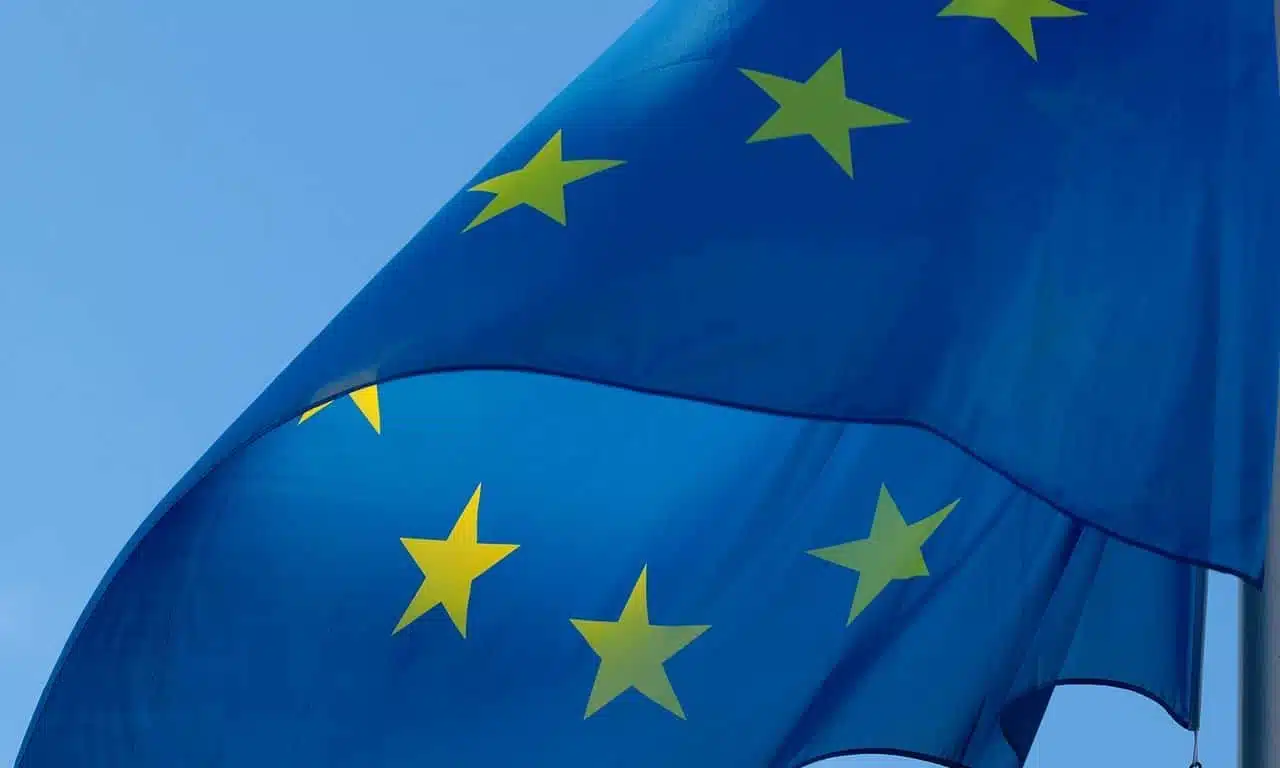Europe has long been careful to regulate new technologies and put a stop to the excessive power of big tech.
As regards the field of technological innovations, the AI Act, the first and important European regulation on artificial intelligence, was approved last December. The key date for the second area will instead be Thursday 7 March, the day the Digital Markets Act (DMA) comes into force. Since then many things will change. For users but above all for the six big tech companies that the European Commission identified as gatekeepers on 6 September 2023.
Let’s clarify, first of all remembering what the Digital Markets Act is, and then seeing what will happen to the six gatekeepers.

Il Digital Markets Act
In a nutshell, the Digital Markets Act (DMA) is a European Union law, which aims to regulate large technological platforms in the name of plurality in the digital market.
The law was formally adopted by the European Parliament on 5 July 2022 and by the Council on 18 July 2022, published in the Official Journal of the EU on 12 October 2022 and entered into force on 1 November of the same year.
Before March 7, we were saying, gatekeepers will have to adapt to the new rules. But who are the gatekeepers, first of all?
I gatekeeper
The EU Commission has identified 6 gatekeepers. Namely Meta, Alphabet (Google), Amazon, ByteDance (TikTok), Apple and Microsoft.
To be considered gatekeepers, big tech companies must have annual revenues equal to or greater than 7.5 billion euros in the last 3 years or a total market share value of at least 7.5 billion in the last year, in at least three countries of the ‘Eu.
They must then provide a “main platform” service, i.e. one that has at least 45 million monthly active end users resident in the European Union. And on an annual basis it must be able to count on a minimum of 10,000 active commercial users.
Let’s now see what will have to change for the gatekeepers identified by the European Commission.
Digital Markets Act: what changes for Meta
In view of the implementation of the DMA, Meta said it will allow its EU users to unlink their different accounts (of Instagram and Facebook, for example), to avoid the passage of data without specific consent.
Each user will therefore be able to choose whether to keep the various accounts connected or not. The same goes for the various services of other gatekeepers, such as Google.
Furthermore, messaging services such as WhatsApp will have to ensure the interoperability of their services with other similar platforms.
Digital Markets Act: what changes for Apple
The impact of DMA on Apple’s closed system is deeper.
The Cupertino company will have to allow developers to offer app downloads from sources other than the App Store, and therefore to use external and alternative payments.
There will most likely be a sort of split between the European App Store and that of all other countries.
Spotify
Despite not being among the six gatekeepers, Spotify is gloating over the effective entry into force of the DMA. Because those who use the services of the Swedish music streaming company on iOS devices will finally enjoy more advantageous and agile conditions.
Spotify’s leaders explained what will change from March 7: “The Digital Markets Act means that we will finally be able to share details of offers, promotions and more convenient payment methods in the EU. Additionally, a simpler user experience translates to a benefit for artists, authors and creators looking to build their audiences of listeners, concert-goers and avid audiobook enthusiasts. All of this can now happen without the burden of a mandatory 30% tax which is prohibited by the DMA.”
And they continue: “If you want to buy a Premium subscription, an audiobook or if you want to switch from an individual plan to a Duo or family plan to save money, you can do it with a couple of simple clicks. There is currently no way to upgrade from a Free to a Premium subscription within the app, and we’re not even allowed to tell you how much our various subscriptions cost, how you can save money, or where to buy them. It does not make sense.”
















Leave a Reply
View Comments